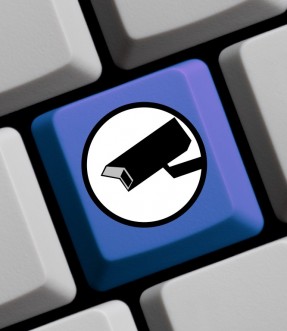The UK's proposed Communications Data Bill (PDF), an update to the previously highly controversial Regulation of Investigatory Powers Act (RIPA), was laid before the Parliament yesterday as the government pushes forward with giving the Police, as well as other intelligence agencies access to its citizens' online lifestyles, geolocation-based data, phone usage and even whom they speak to.
Home Secretary Theresa May said, "communications data saves lives. It is a vital tool for the police to catch criminals and to protect children" when publishing the new bill. "If we stand by as technology changes, we will leave police officers fighting crime with one hand tied behind their backs."
The Home Secretary did also point out that these new proposals will not include the reading of content of websites, email or social networks. "Checking communication records, not content, is a crucial part of day-to-day policing and the fingerprinting of the modern age - we are determined to ensure its continued availability in cracking down on crime."
Understandably the proposal has caused a massive uproar with civil liberty groups as well as the ISPs themselves, as it will force them and wireless carriers to retain and store communication records of its customers far beyond what is normally expected during the course of conducting business.
"This is all about giving the police unsupervised access to data. It is shocking for a government that opposed Labour's plans on this to propose virtually the same thing," said Jim Killock, director of the Open Rights Group. "It will cost billions of pounds and will end up only catching the stupid or the innocent. Terrorists will circumvent it."
While exact conversations won't be kept on records, the people UK citizens speak to as well as the websites they visit would be, among other things. Combined with geolocation-based data this will give law enforcement agencies a means of identifying almost every aspect of an individual's lifestyle.
"The Bill is as expected - an unprecedented and unwarranted attack on our privacy that will see the Government track where we make calls, who we email and what everyone does online. We are all suspects now," said Nick Pickles, director of Big Brother Watch, who described the Act as "the greatest attack on private life seen for generations."
